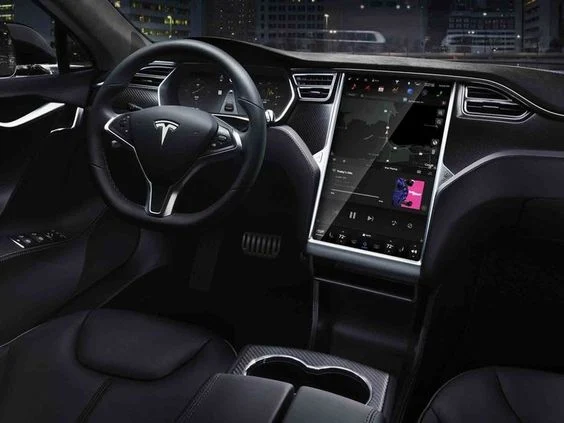Tesla emerged victorious in the initial U.S. Autopilot lawsuit associated with a deadly collision.
In a significant triumph for Tesla, the automaker has secured a favorable outcome in the initial U.S. trial concerning allegations that its Autopilot driver assistance system was responsible for a fatal accident. This lawsuit, which took place in a California state court, had been filed by two passengers involved in a 2019 collision.
They alleged that Tesla was aware of Autopilot's flaws when they sold the vehicle, while Tesla contended that the accident resulted from human error.
The 12-member jury rendered their verdict on Tuesday, announcing that the vehicle did not exhibit any manufacturing defects. This decision was reached after four days of deliberation, with a vote of 9-3 in favor of Tesla.
Following the verdict, neither Tesla's representatives nor the plaintiffs immediately provided comments.
The civil lawsuit revolved around the assertion that the Autopilot system was responsible for causing Micah Lee's Model 3 to abruptly swerve off a highway east of Los Angeles while traveling at 65 miles per hour. The vehicle collided with a palm tree and erupted in flames, occurring within seconds.
Tragically, the 2019 accident resulted in Lee's fatality and severe injuries to his two passengers, one of whom was an 8-year-old boy whose injuries included disembowelment, as indicated in court documents. The passengers' lawsuit against Tesla alleges that the company was aware of the defects in Autopilot and other safety systems at the time of the car's sale.
Tesla refuted any liability in this case, contending that Lee had consumed alcohol before driving. The electric vehicle manufacturer also raised doubts regarding whether Autopilot was in use at the time of the accident.
Tesla has been actively testing and implementing its Autopilot and more advanced Full Self-Driving (FSD) system, both of which have been highlighted by CEO Elon Musk as pivotal to the company's future. However, these systems have faced regulatory and legal scrutiny.
In a prior trial in Los Angeles in April, Tesla employed a strategy of emphasizing that it informs drivers that its technology necessitates human oversight, despite the names "Autopilot" and "Full Self-Driving." This particular case revolved around an accident in which a Model S veered into the curb, resulting in the injury of the driver. Jurors who participated in the trial stated to Reuters that they believed Tesla had indeed cautioned drivers about its system and attributed the accident to driver distraction.




No comments:
Post a Comment